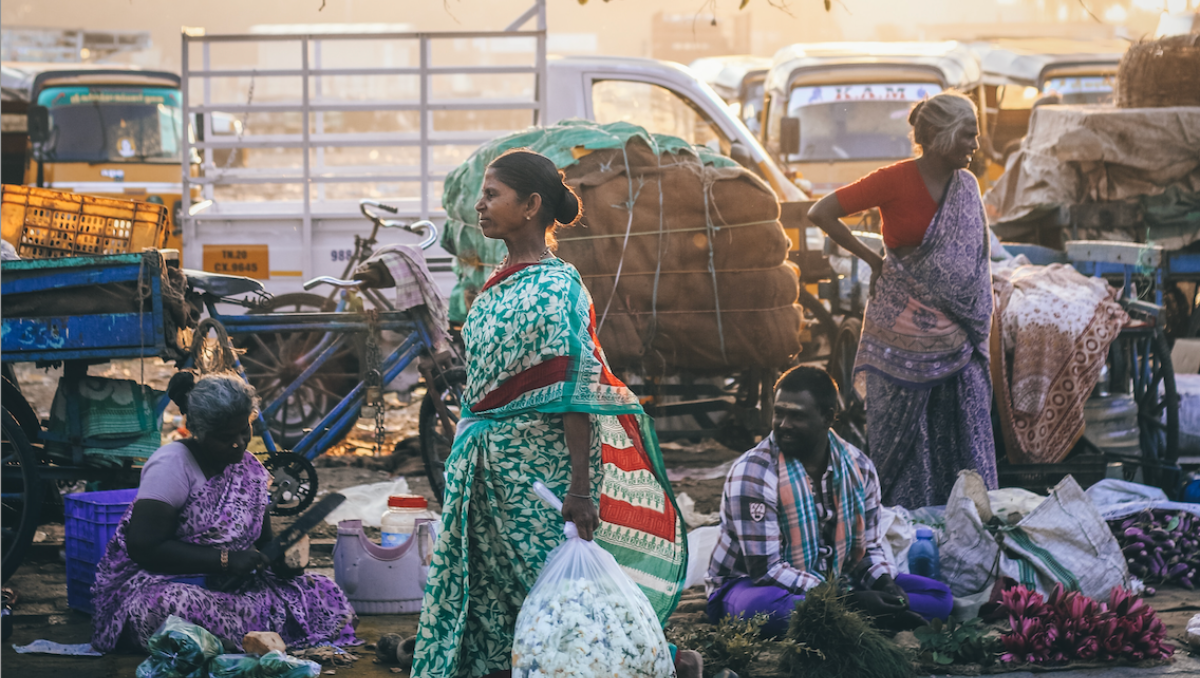The Supreme Court has provided a series of instructions to both the Union and State Governments, emphasizing the need for the complete eradication of the deplorable practice of manual scavenging through rigorous enforcement of the Prohibition of Employment as Manual Scavengers and their Rehabilitation Act, 2013.
The Court mandated the total elimination of manual sewer cleaning and the assurance that no person is required to enter sewers manually for any reason.
SC’s Judgment
In the case of Dr. Balram Singh v. Union of India and others, a panel consisting of Justices S Ravindra Bhat and Aravind Kumar issued these directives, which can be read on LiveLaw.
On Friday, October 20, the Supreme Court firmly directed both the Union Government and every State Government to guarantee the total elimination of manual scavenging.
As per the Ministry of Social Justice and Empowerment, India recorded 339 fatalities related to sewer and septic tank cleaning from 2018 to 2023. The Prohibition of Employment as Manual Scavengers and their Rehabilitation (PEMSR) Act of 2013 has prohibited manual scavenging, including the manual cleaning, handling, and disposal of human excreta until its proper disposal.
The Supreme Court provided a set of instructions to both Union and state governments, emphasizing the need for the efficient enforcement of the PEMSR Act. These instructions included proactive efforts for the rehabilitation of affected individuals and their families, the provision of scholarships, and the initiation of skill development programs.
During Safai Karamchari Andolan and Others vs. Union of India and Others (2014), the Supreme Court provided directives aimed at preventing future generations from involvement in manual scavenging and facilitating the rehabilitation of manual scavengers. This included measures such as offering financial assistance, self-employment training, and access to education.
On July 13, the amicus curiae advocate K. Parmeshwar highlighted that based on the National Commission for Safai Karamcharis (NCSK)’s annual report for 2019-20, a survey carried out in 18 states revealed that as of August 20, 2019, 42,303 individuals were still engaged in manual scavenging.
Significantly, the National Commission for Safai Karamcharis (“NCSK”), the National Commission for Scheduled Castes (“NCSC”), the National Commission for Scheduled Tribes (“NCST”), and the Secretary of the Union Ministry of Social Justice and Empowerment have received instructions to collaborate within months to establish a framework for a National Survey to identify manual scavengers. The court has specified that the survey should ideally be carried out and concluded within the next year.
The judgment underscores that the framers of the Constitution made a promise to ensure equality for all segments of society by incorporating liberating provisions like Articles 15(2), 17, 23, and 24 into the Constitution.
While reciting the decisive portion of the judgment, Justice Bhat underscored the significance of upholding the Constitution’s commitment to equal rights for every citizen. He cited these words of Dr. Ambedkar during the judgment announcement: “Ours is a battle not for wealth or power. It is a battle for freedom…”
Justice Bhat also mentioned the significant portion of India’s population that remains hidden, unnoticed, and oppressed in harsh conditions.
The case will be scheduled for the next hearing on February 1, 2024, for ongoing oversight.
